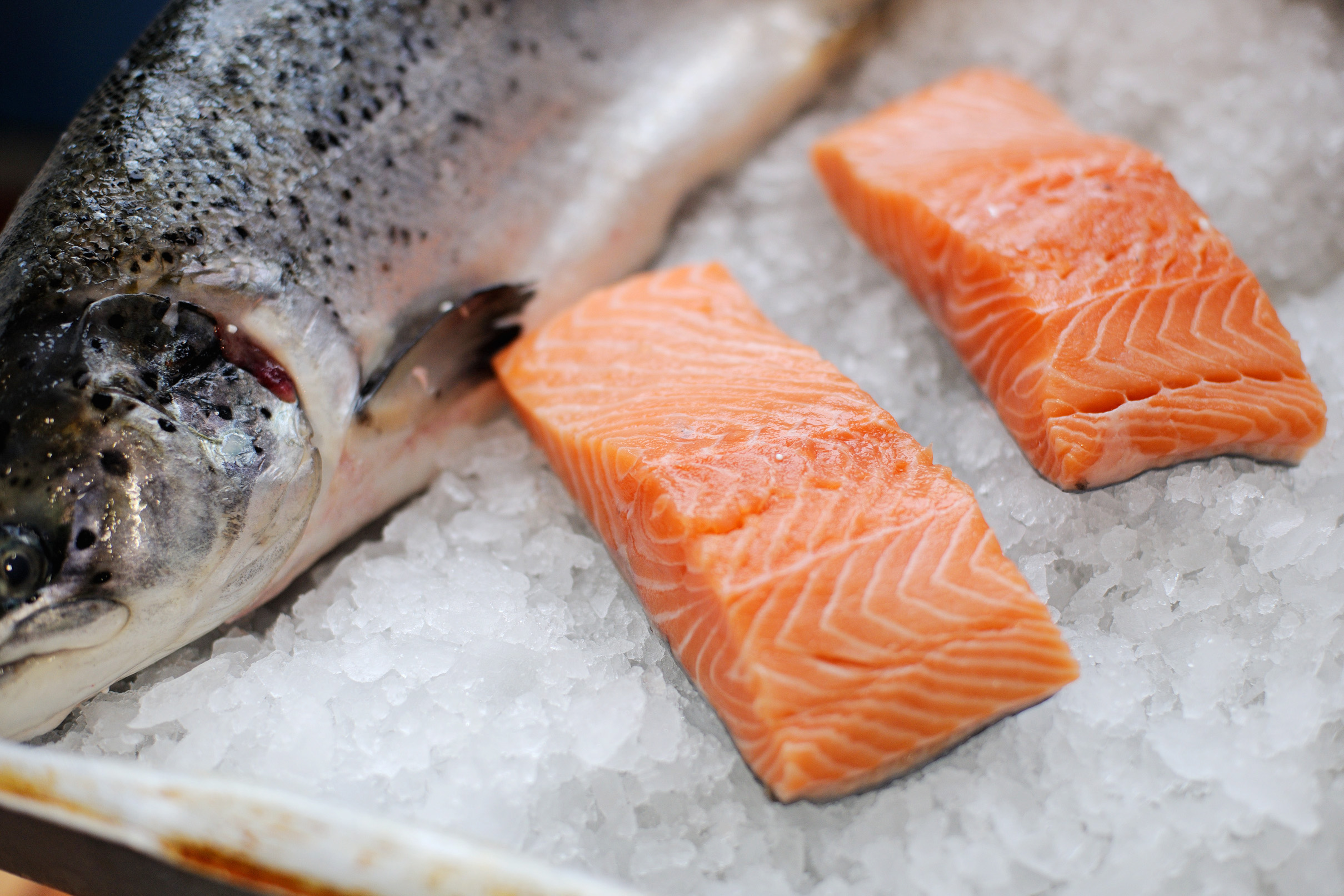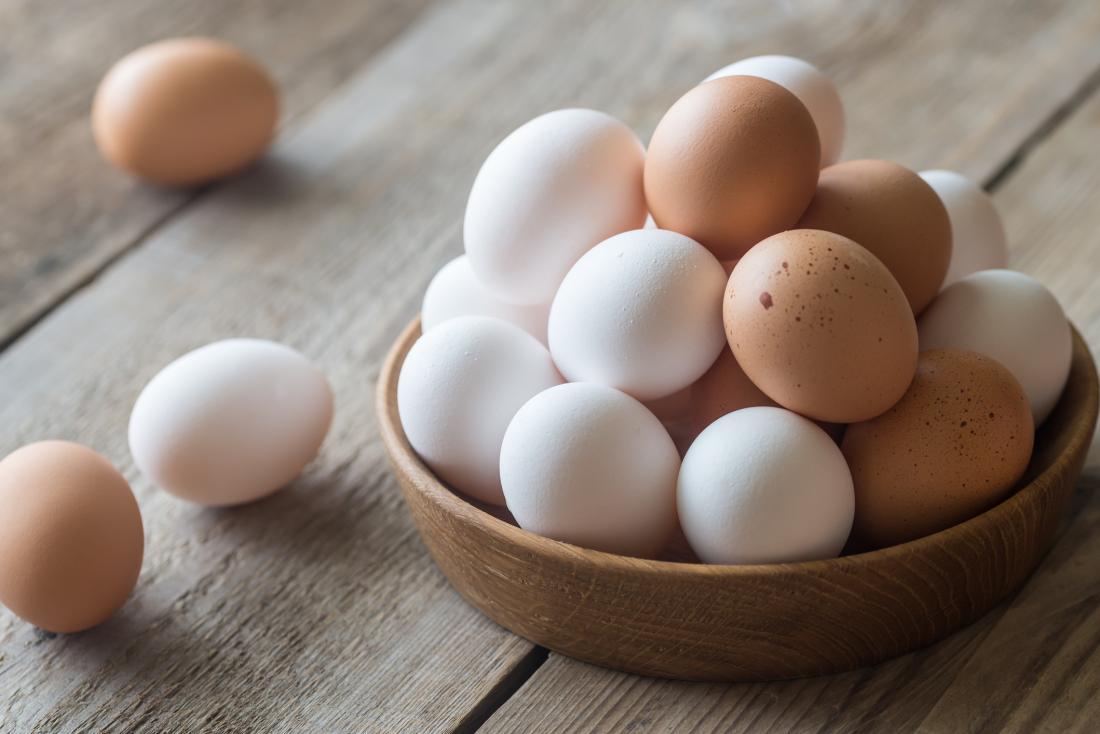FOODS WHICH ARE BEST TO EAT WHEN YOU ARE PREGNANT.
Maintaining a healthy diet during pregnancy is very important.
During this time, your body needs additional nutrients, vitamins and minerals (1 ).
In fact, you may need 350–500 extra calories each day during the second and third trimesters (2 ).
Poor eating habits and excess weight gain may also increase your risk of gestational diabetes and pregnancy or birth complications (6 ).
Put simply, choosing healthy, nutritious foods will help ensure the health of you and your baby.
It will also make it a lot easier to lose the pregnancy weight after you’ve given birth.
During pregnancy, you need to consume extra protein and calcium to meet the needs of the growing fetus (7 , 8 ).
Dairy products contain two types of high-quality protein: casein and whey. Dairy is the best dietary source of calcium, and provides high amounts of phosphorus, various B vitamins, magnesium and zinc.
It contains more calcium than most other dairy products. Some varieties also contain probiotic bacteria, which support digestive health (10 , 11 , 12 ).
People who are lactose intolerant may also be able to tolerate yogurt, especially probiotic yogurt (13 ).
Taking probiotic supplements during pregnancy may reduce your risk of complications such as preeclampsia, gestational diabetes, vaginal infections and allergies (14 ).
This group of food includes lentils, peas, beans, chickpeas, soybeans and peanuts.
Legumes are excellent plant-based sources of fiber, protein, iron, folate (B9) and calcium — all of which your body needs more of during pregnancy.
Folate is one of the B vitamins (B9). It’s very important for the health of the mother and fetus, especially during the first trimester.
This has been linked with an increased risk of neural tube defects and low birth weight. Insufficient folate intake may also cause your child to become more prone to infections and disease later in life (17 , 18 ).
Legumes contain high amounts of folate. One cup of lentils, chickpeas or black beans may provide from 65–90% of the RDA (19 ).
Furthermore, legumes are generally very high in fiber. Some varieties are also high in iron, magnesium and potassium.
Sweet potatoes are very rich in beta-carotene, a plant compound that is converted into vitamin A in your body.
Vitamin A is essential for growth and the differentiation of most cells and tissues. It’s very important for healthy fetal development (20 ).
However, they are also advised to avoid very high amounts of animal-based sources of vitamin A, which may cause toxicity when eaten in excess (24 ).
Therefore, beta-carotene is a very important source of vitamin A for pregnant women.
Sweet potatoes are an excellent source of beta-carotene. About 3.5–5.3 ounces (100–150 grams) of cooked sweet potato fulfills the entire Reference Daily Intake (RDI) (25).
Furthermore, sweet potatoes contain fiber, which may increase fullness, reduce blood sugar spikes and improve digestive health and mobility (26 , 27 ).
Salmon is very rich in essential omega-3 fatty acids.
Most people, including pregnant women, are not getting nearly enough omega-3 through their diet (28 , 29 ).
Omega-3 fatty acids are essential during pregnancy, especially the long-chain omega-3 fatty acids DHA and EPA.
These are found in high amounts in seafood, and help build the brain and eyes of your fetus (30 ).
Yet, pregnant women are generally advised to limit their seafood intake to twice a week, due to the mercury and other contaminants found in fatty fish (31 ).
This has caused some women to avoid seafood altogether, thus limiting their intake of essential omega-3 fatty acids.
However, studies have shown that pregnant women who eat 2–3 meals of fatty fish per week achieve the recommended intake of omega-3 and increase their blood levels of EPA and DHA (32 , 33 ).
Eggs are the ultimate health food, as they contain a little bit of almost every nutrient you need.
A large egg contains 77 calories, as well as high-quality protein and fat. It also packs many vitamins and minerals.
Eggs are a great source of choline. Choline is essential for many processes in your body, including brain development and health (36 ).
A dietary survey in the US showed that over 90% of people consumed less than the recommended amount of choline (37 ).
Low choline intake during pregnancy may increase the risk of neural tube defects and possibly lead to decreased brain function in the fetus (38 , 39 ).
A single whole egg contains roughly 113 mg of choline, which is about 25% of the RDI for pregnant women (450 mg) (40 ).
these are the top 5 foods which are the best for a pregnant woman





Thanks for the blog
ReplyDeleteMedical Studies have shown that people who are a bit overweight live longer than those who have normal weight don't ask me why? but,its been proven already high protein low carb diet
ReplyDelete